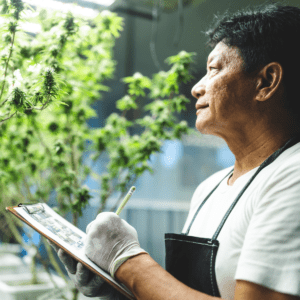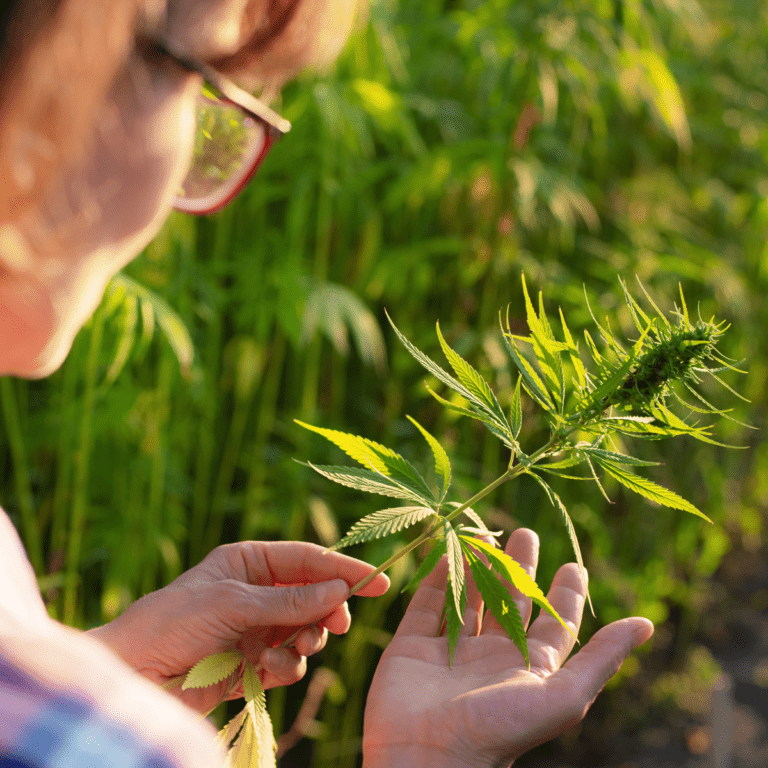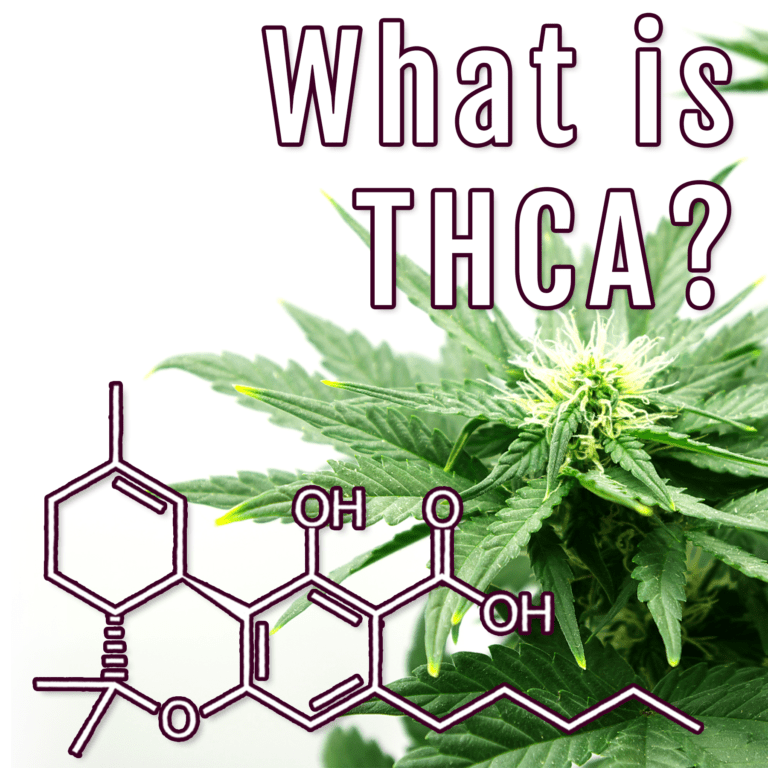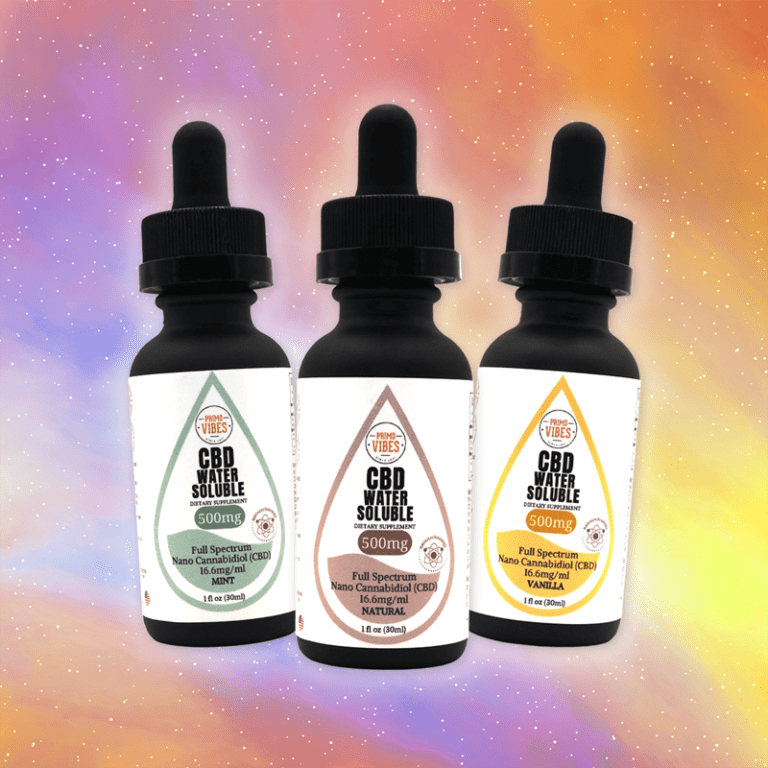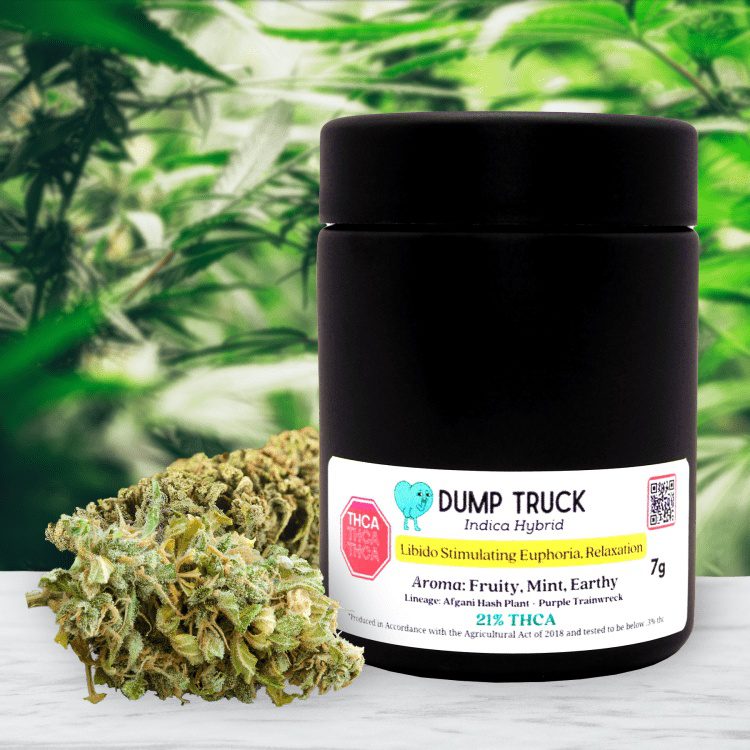Why Do COAs Matter?
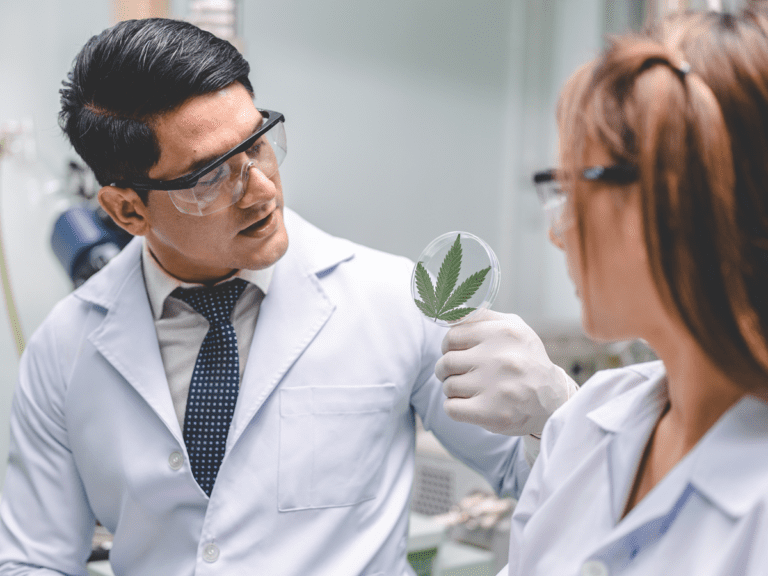
When shopping for a hemp product, the term Certificate of Analysis (or COA for short) may appear. While this may just sound like another fancy marketing term, a COA is actually a valuable tool shoppers can use to pick a high quality hemp product that best fits their needs. In fact, COAs matter in a variety of different ways.
Is Your Hemp Product Legal?
Under the 2018 Farm Bill, hemp products must contain no more than .3% THC on a dry weight basis. This means that in order to remain compliant with federal regulations, hemp brands must test their products to ensure they fall within the legal limitations. This is where a COA begins to come into play.
According to the 2018 Farm Bill, “The term `hemp’ means the plant Cannabis sativa L. and any part of that plant, including the seeds thereof and all derivatives, extracts, cannabinoids, isomers, acids, salts, and salts of isomers, whether growing or not, with a delta-9 tetrahydrocannabinol concentration of not more than 0.3 percent on a dry weight basis.”
When a hemp product is ready for testing, the hemp company will submit the necessary sampling size to a third-party laboratory for analysis. Sampling sizes and qualifications can vary from state to state depending on regulations set in place. From there, the laboratory will publish a COA containing the THC potency and other valuable information.
How old is Your Hemp Product?
When reading a COA, it will contain information such as when a product was tested. The dates listed can give a shopper a good idea of how old the product they are looking at purchasing is.
This information can typically be found in the top portion of the COA. Depending on the individual state’s regulations, an expiration date may also be found. Products whose COA has expired will need to be retested or removed, depending on what the state requires.

Reading the Pesticide, Herbicide, and Heavy Metal Content Information
In products like smokable hemp flower, knowing what was used in the growth process is important. COAs will contain testing results for harmful heavy metals and chemicals, placing another step for quality control in the journey from product creation to consumer use. If a product fails testing for one of these reasons, the entire batch will need to follow remediation or disposal processes as determined by state and federal regulations.
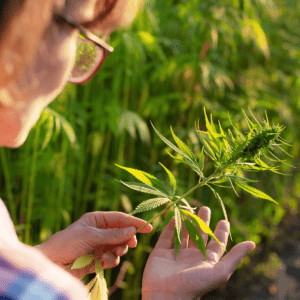
Taking a Look at Minor Cannabinoids
Depending on the product or the hemp strain, the presence of minor cannabinoids can vary. Along with testing for THC potency, a COA will also list the minor cannabinoid presence and potencies. This content can usually be found in the same area of the COA as the THC potency.
How Strong is Your Hemp Product Really?
A COA can also help verify that a hemp product contains as much CBD or other cannabinoids as advertised. While this technically falls within the realm of CBD potency, it provides a valuable tool for shoppers to use. All it takes is knowing what to look for when reading a COA.
The Bottom Line
When shopping for a hemp product, checking the corresponding COA is always a smart move. By law, retailers selling hemp products should keep up-to-date COAs on hand. If checking a COA online is not a viable option while shopping, asking to see the copy the store has on hand is suggested.
At the end of the day, shoppers can learn a lot about hemp products just by reading the information provided on a COA. This third-party laboratory-produced report outlines a wealth of information that can be used to make informed decisions. As the hemp industry continues to evolve and expand, consumers should educate themselves to best understand the products available on the market and separate the legitimate brands from the false.
